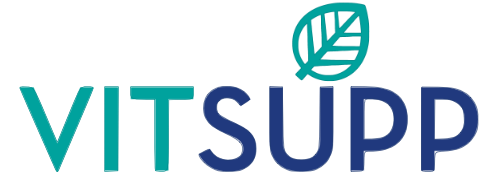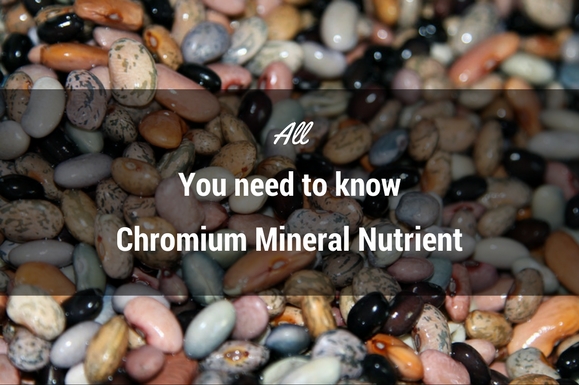Iron is a necessary trace element found in nearly all living organisms. The total Iron found in the human body is approximately 2.5 to 4 grams and it serves some critical functions in the body. Iron-containing enzymes and proteins, often containing heme prosthetic groups, participate in many biological oxidations and in transport. The most commonly known compounds of iron is hemoglobin which contains almost 70% iron of the body.
Contents
Physiological Function of Mineral Nutrient Iron
- Cofactor for enzymes
- Heme function
- cytochromes
- RBC Productions
Causes of Deficiency of Mineral Nutrient Iron
There are several reason which results into Iron deficiency in the body.
- Low Supply of Iron through Diet:
- Consumption of processed food (which lack Iron) and Cereals (which bind Iron and take it out of the body)
- Low consumption of bean and meat products, which are the primary source of Iron in the body
- Low absorption of Iron due to Dysbiosis, Diarrhea, Enteropathy and Hypochlorhydria
- High Iron demand in the body:
- Due to Loss of Blood. Loss blood may occur with GI Inflammation, Hemorrhage, Menstruation and parasites such as Hookworms
- Due to increased physiological requirements: During injury, Trauma, pregnancy, body growth and Lactation
- Inadequate levels of Vitamin B12, Folic Acid, Vitamin A, Vitamin C or Vitamin E
- Malaria or Hemoglobinopathies may also result u=in low Iron
Health concerns due to Iron deficiency
Anemia, Growth delays, Cognitive development delays, Fatigue, Depression, Palpitations, Tachycardia, Arthralgias, Organ Damage
Assessment of Iron Mineral Status
Direct Markers: Ferritin
Functional Biomarkers: Total Iron Binding capacity, Transferrin saturation, Hemoglobin, Hematocrit
Supplementation of Iron
To move a patient from state of deficiency to state of normalcy several things needs to be done including identifying the causes ofdeficiency, plugging the leak and supplementation of absorbable forms of iron.
Children 2-12 yrs: 10-20mg; IDA: 5mg/kg
Adult Male: 10-30mg; IDA :90-200mg
Adult female: 18-50mg; IDA :90-200mg
IDA: Iron Deficiency Anemia. Daily Iron supplementation during pregnancy may be 30 to 60mg.
Best or most Bio-Available or Active form of Iron Supplement in India
Ferrous gluconate, fumarate, and citrate salts; combine with ascorbate
Food source of Iron
Rich sources of dietary iron include red meat, Organ meats, brewer’s yeast, wheat germ, egg yolk, oyster, dried beans, lentils, beans, poultry, fish, leaf vegetables, watercress, tofu, chickpeas, black-eyed peas, blackstrap molasses, fortified bread, and fortified breakfast cereals. Iron in low amounts is found in molasses, teff, and farina. Iron in meat (heme iron) is more easily absorbed than iron in vegetables.


